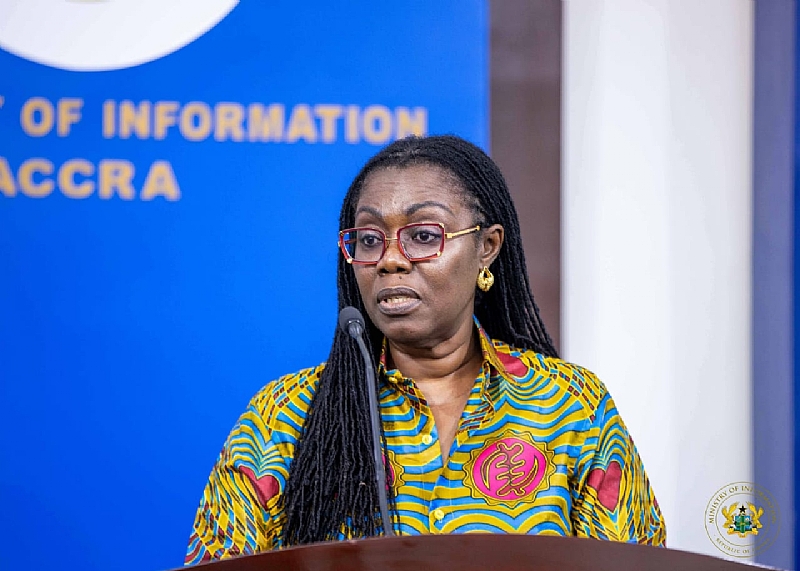The Cyber Security Authority (CSA) is undertaking a comprehensive initiative to enhance public awareness of safe cyber practices through a grassroots campaign. This initiative was announced by the Minister for Communication and Digitalisation, Mrs. Ursula Owusu-Ekuful, during the launch of the National Cyber Security Awareness Month (NCSAM) in Accra. The grassroots campaign will include a ‘door-to-door’ strategy in collaboration with faith-based organizations to address critical issues such as misinformation and disinformation. Recognizing the growing dependence on the internet, Mrs. Owusu-Ekuful pointed out that this dependency brings heightened risks and vulnerabilities, opening avenues for cybercriminal activities, thus underscoring the importance of the awareness efforts.
The NCSAM 2023 campaign is themed “Combating Misinformation/Disinformation in a Digitally Resilient Democracy; Our Collective Responsibility,” reflecting an urgent need to tackle misinformation, especially as Ghana approaches its crucial December elections. The theme embodies the collective role of various societal sectors in combating false information online. Mrs. Owusu-Ekuful emphasized the importance of educating the public on recognizing and confronting misinformation and disinformation, especially in an era where digital media significantly influences public opinion and behaviors.
To further clarify the messaging, Mrs. Owusu-Ekuful differentiated between misinformation and disinformation. Misinformation is defined as the inadvertent sharing of incorrect or misleading information without malicious intent, while disinformation involves the intentional creation and dissemination of false information aimed at deceiving individuals. This distinction is critical as it shapes the response strategies and educational content of the awareness campaign, enabling the public to better understand the nature of false information and its implications.
The Minister called for a collaborative effort from various groups, urging civil society organizations, the media, and the general public to actively participate in the NCSAM. By mobilizing these collective resources, the CSA aims to make a significant impact in fostering a culture of vigilance against misinformation and disinformation. The campaign’s success hinges on widespread engagement, as misinformation can easily proliferate in the absence of informed discourse and awareness, particularly in the current digital age.
In addition to traditional awareness methods, the incorporation of grassroots campaigns signifies a commitment to reaching communities effectively. By engaging directly with various demographic groups through churches and community organizations, the CSA aims to create a deeper understanding of cyber threats among citizens, fostering an informed populace that can recognize and safeguard against online risks. This community-centric approach is designed to build a resilient digital democracy that can withstand the challenges posed by misinformation.
As the momentum towards NCSAM builds, the emphasis will be on empowering individuals to take responsibility not only for their online security but also in curbing the spread of false information. Collective responsibility in combating misinformation reflects a community-oriented approach to cybersecurity, enhancing national resilience and promoting informed digital citizenship. The combined efforts of government authorities, the media, and civil society will play a pivotal role in ensuring the campaign’s effectiveness, ultimately contributing to a well-informed society capable of navigating the complexities of the digital landscape.


